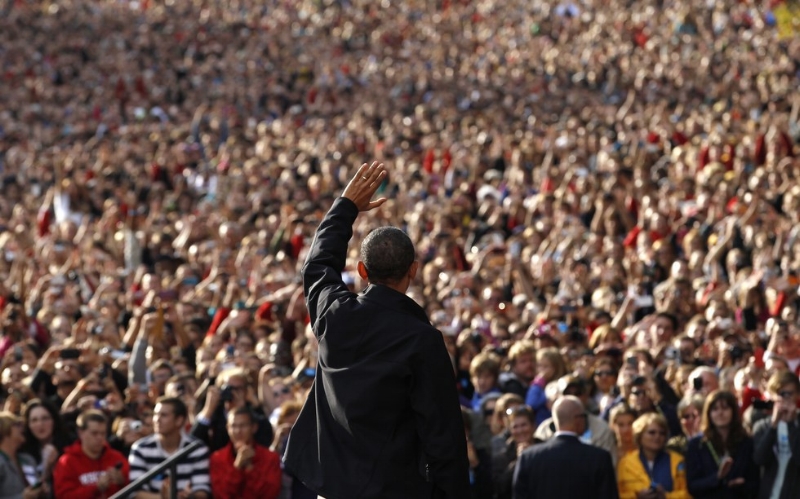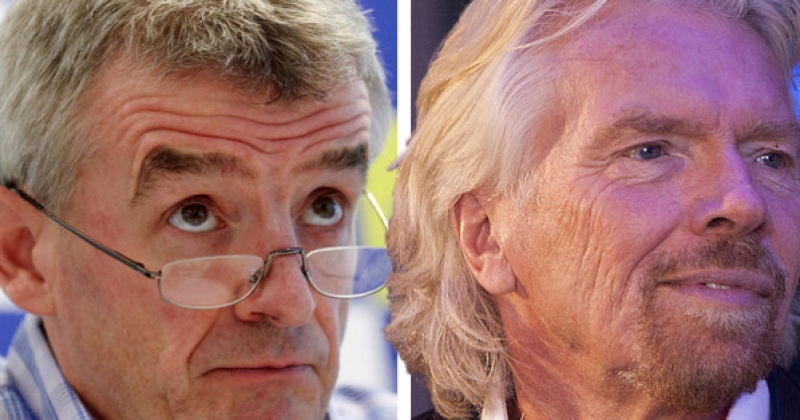By
DECLAN BURROWES

All of us, at some gut level, are drawn to authentic people. An authentic person reflects back at us characteristics and traits that we find attractive. They tend to be frank and straightforward. They are true to themselves, often unashamedly so, and communicate their passions and convictions in an effective, relatable way. In short, they’re comfortable to be human around us.
In business, politics and sport, this is a powerful asset. An authentic leader creates a sense of connection and mutual understanding. Even though the average person will probably never meet the likes of Barack Obama, Sheryl Sandberg or Johnny Sexton, by presenting themselves as they are, with little to no pretence, they seem ‘like us’ even if they have more wealth, more power or more talent than we could ever accumulate.
Success hinges on strong relationships. A politician that comes across as relatively normal can count on their personality delivering more votes on polling day. For a CEO, cultivating an authentic brand or leadership style inspires customer loyalty, product advocacy, repeat business, and employee attraction and retention.
You know it when you see it
Authenticity and genuineness are two sides of the same coin. Audiences are generally unforgiving of leaders who play at being a particular character when their general demeanour or previous actions tell a different story.
On several occasions, former British Prime Minister David Cameron invited the press into his home, giving the public a window into his daily life. In one instance, between meetings with Cabinet and the Queen, he made sardines on toast for his guests, was filmed reading over his papers clad in pajamas and slippers, and even briefly wore a bodycam on his lapel so viewers knew what it was like to step through the door into Number 10.
It all felt a little too choreographed and a little too sycophantic. Ultimately, Cameron’s ‘call me Dave’ tactic didn’t wash, and he failed to shake off his image as a well-preened Bullingdon Club boy out of touch with the common man and woman.
On the other hand, President Donald Trump, a multibillionaire who quite literally owns a penthouse apartment made of gold, forged an intense connection with millions of disaffected Americans by building a shared platform of frustration and outrage directed at the Washington political and economic ‘establishment’.
He was convincing. Trump’s brazenness has gelled so well with such a large proportion of the electorate that he remains virtually impervious to scandal—support from his base is unwavering.

Being more authentic
Of course, political and business contexts are complex and multi-faceted, varying according to time and geography. But one thing is universal: no one cheers for a robot. Watch a government minister or a CEO meander through an overwritten script, dutifully sounding off slogans and statistics, and then observe their audience’s eyes glaze over and their fingers fumbling in their pockets for a smartphone.
People have a finite attention span. When you’re competing for just a sliver of theirs, you have to make sure that you’re not only hitting the right messages quickly, but presenting them in a way that keeps your audience engaged.
Authentic leaders have either worked hard to shed the trappings and behaviour of a particular office or rank, or never cared for them in the first place. Standing eye to eye with us means they are immediately more relatable and interesting—and that means their message is much more likely to resonate.
For a leader to actually reach this stage requires self-awareness. They must identify their beliefs and values and decide whether they truly have a passion for their cause. The next step is to demonstrate these beliefs and values—talk about them, write about them, act them out.
Support and respect
Understandably, showing off your ‘true self’ can be daunting. Being more like ‘you’ rather than acting the part of managing director or Taoiseach, makes you, rather than your title, vulnerable.
What’s more, being authentic doesn’t mean you get a free pass out of difficult situations. You’ll still have to make tough decisions and own up when you make a mistake. However, if you are faced with a crisis, an authentic leader will already have support and respect, making it easier to make amends and move forward.
For business leaders in particular, it often takes an external perspective to highlight the positives of embracing a more authentic leadership style and brand ethos, particularly in terms of relationship-building. Establishing long-lasting connections with media, business partners and other stakeholders, as with any personal relationship, takes time. Authenticity makes this task much easier, and pays out in loyalty, engagement and repeat business.
DECLAN BURROWES
Declan is PR360’s Content and Editorial Manager. He helps clients say as much as possible in as few words as possible. He likes animated political discussions, medieval history, and heavy metal.

